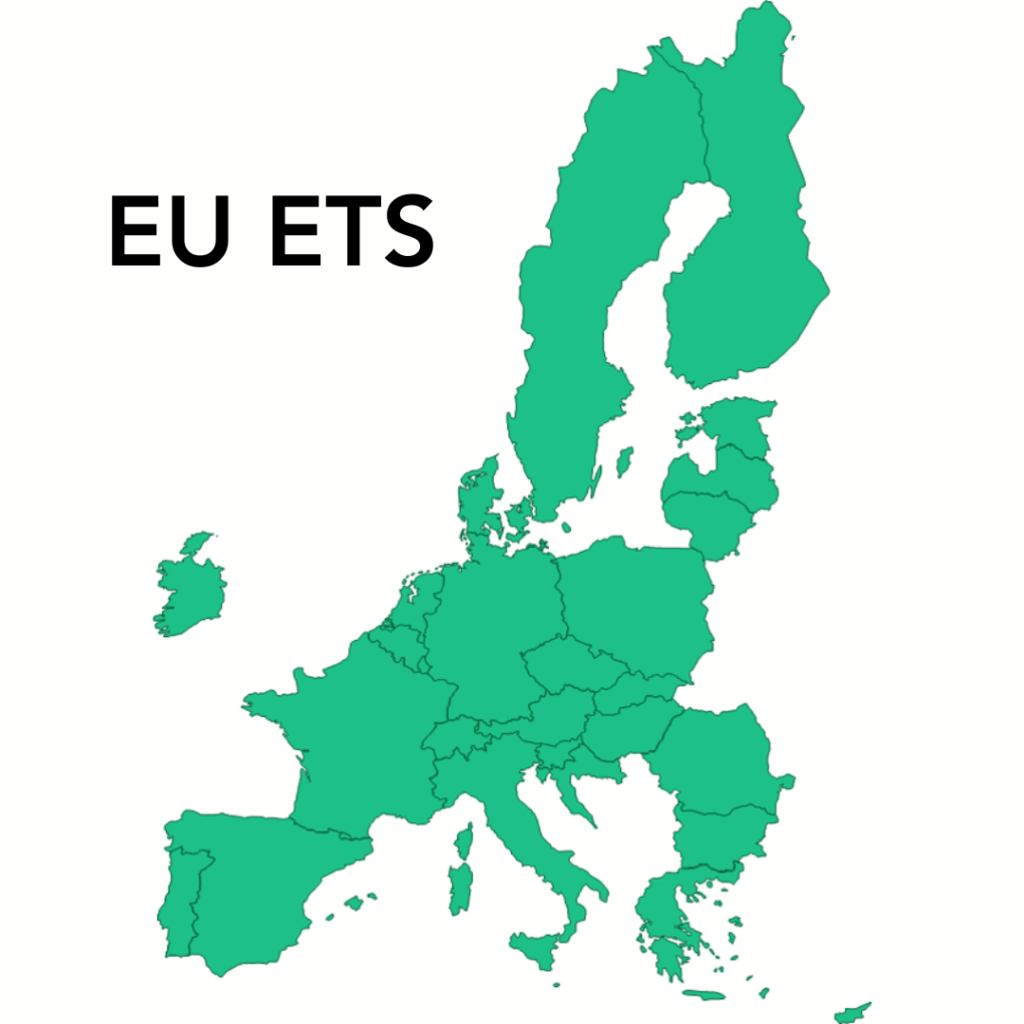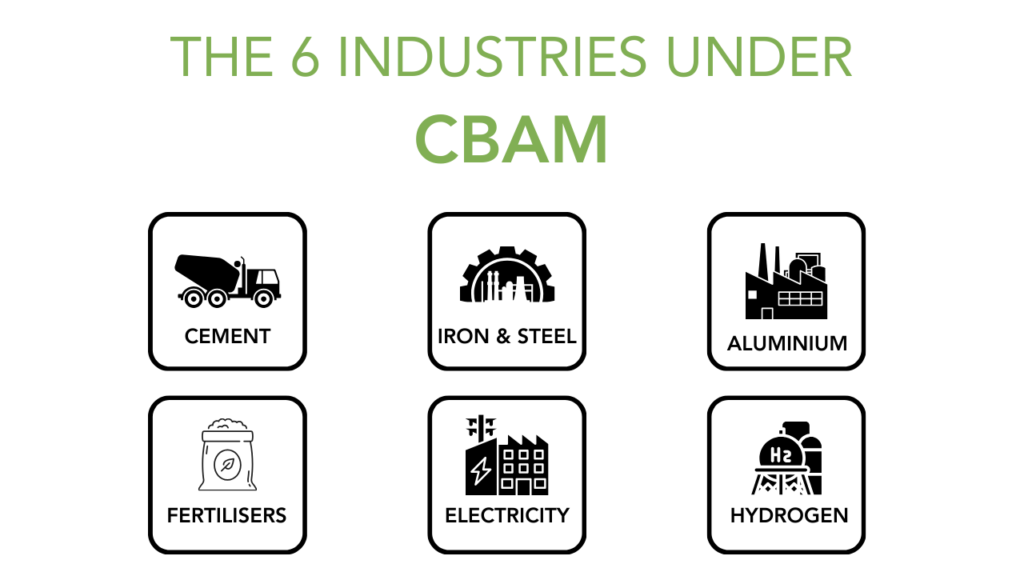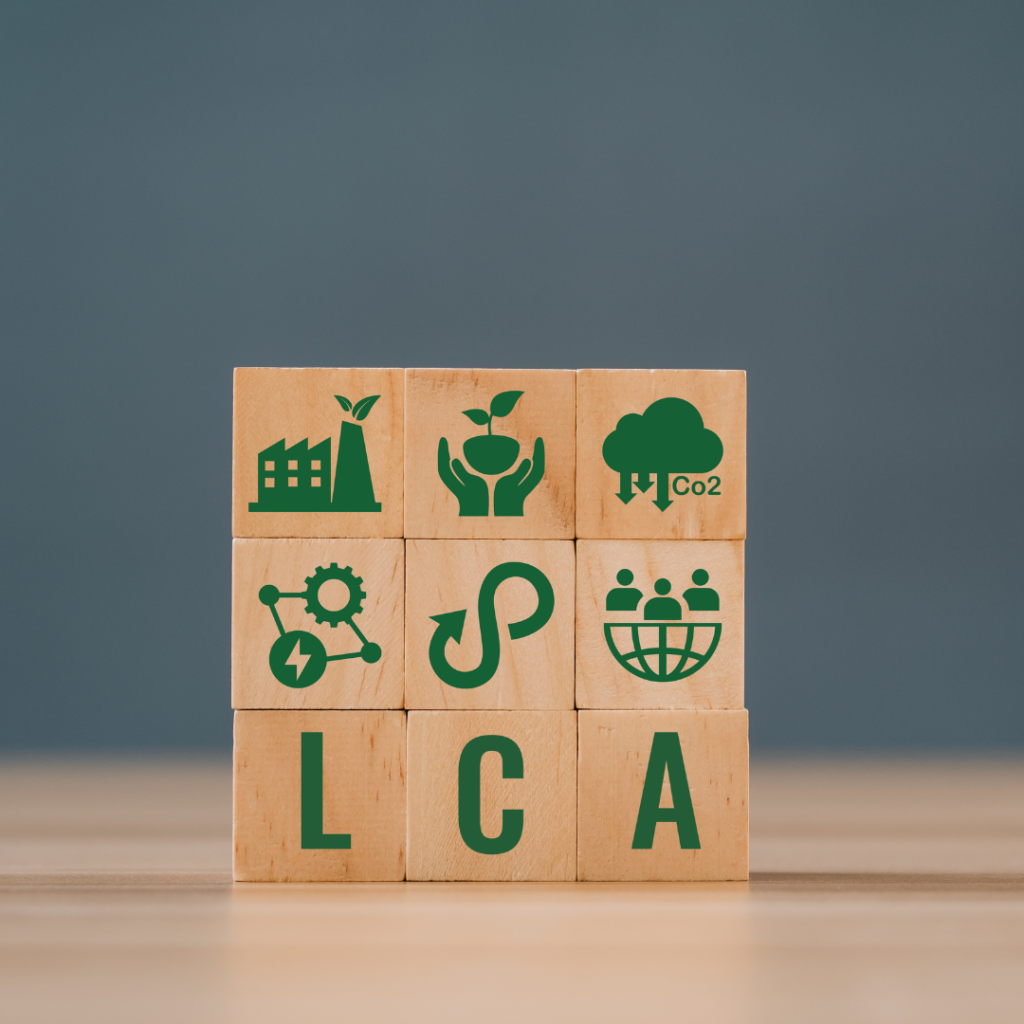In the era of heightened environmental awareness, the global community is doubling down on efforts to combat climate change. One such significant initiative is the Carbon Border Adjustment Mechanism (CBAM). In this Comprehensive Guide to CBAM: Inception to Implementation, we will delve into the origins, implications, timelines, and industries affected by CBAM, with a special focus on the complexities of establishing a carbon baseline, supplier networks, and Life Cycle Assessment (LCA) for products exported to the European Union (EU). Additionally, we will explore how innovative AI platforms like OnlyGood.ai can turn CBAM challenges into opportunities for value-added industries.

I. Inception and Meaning of CBAM:
CBAM, proposed by the European Commission, aims to level the playing field by ensuring that the carbon costs embedded in goods imported into the EU align with those borne by European producers. Set to be a crucial component of the European Green Deal, CBAM is poised to transform international trade dynamics.
II. Timelines:
The initial proposal for CBAM was outlined in July 2021, with legislative proposals expected in mid-2023. The implementation phase is set to commence in 2026, offering a relatively short window for industries to prepare for the new regulatory landscape. Its pilot has already begin and all exporting companies have been asked to start reporting their product emissions.

Six key industries will bear the immediate brunt of CBAM:
1. Steel: A major contributor to global emissions, the steel industry is in the CBAM spotlight.
2. Cement: Known for its energy-intensive production process, cement manufacturing faces increased scrutiny under CBAM.
3. Aluminium: CBAM targets energy-intensive industries, and aluminium production is no exception.
4. Fertilizers: Agricultural inputs, particularly nitrogen-based fertilizers, are within CBAM’s purview.
5. Electricity: Cross-border electricity transactions will be subject to CBAM, impacting the energy sector.
6. Hydrogen: A broad category, chemicals will be assessed based on their carbon intensity.
IV. Establishing a Carbon Baseline:
Creating a carbon baseline is a pivotal step for organizations affected by CBAM. This process involves assessing and quantifying direct and indirect emissions across the entire value chain. Organizations need to collaborate with their suppliers, incorporating a comprehensive understanding of their carbon footprints.
V. Supplier Networks:
Building resilient and sustainable supplier networks is critical. Companies should engage suppliers in a transparent dialogue about carbon emissions, encouraging them to adopt environmentally friendly practices. Robust supplier relationships are essential for successful CBAM compliance.
A Comprehensive Guide to CBAM: Inception to Implementation
VI. Life Cycle Assessment (LCA) for Exports to EU:
CBAM necessitates a detailed LCA for products being exported to the EU. This involves evaluating the environmental impact of a product throughout its life cycle, from raw material extraction to disposal. For industries exporting to the EU, understanding and mitigating the carbon footprint of their products is imperative.

VII. onlygood.ai: Simplifying CBAM Complexity:
Amidst the challenges presented by CBAM, innovative solutions emerge. onlygood.ai, an AI-based tech platform, stands out as a game-changer. Leveraging advanced analytics, machine learning, and big data, OnlyGood.ai streamlines the complexities of CBAM compliance.
Automated Carbon Baseline Establishment:
Onlygood.ai facilitates the automated creation of accurate carbon baselines, alleviating the burden on organizations and ensuring compliance with CBAM regulations.
Supplier Network Optimization:
The platform integrates seamlessly with supplier networks, fostering transparency and enabling real-time collaboration to reduce carbon footprints across the supply chain.
LCA Automation:
Onlygood.ai’s AI capabilities simplify the LCA process, providing organizations with a comprehensive understanding of the environmental impact of their products.
CBAM Regulatory Updates:
Staying ahead of CBAM developments is crucial. OnlyGood.ai continuously monitors regulatory changes, ensuring organizations remain informed and prepared.
Strategic Insights:
The platform offers actionable insights, helping organizations identify areas for improvement and innovation, turning CBAM into an opportunity for sustainable growth.
In conclusion, CBAM represents a seismic shift in global trade dynamics, challenging industries to embrace sustainability. With the right tools, like OnlyGood.ai, organizations can not only navigate these complexities but also turn CBAM into a catalyst for positive change and business growth.

